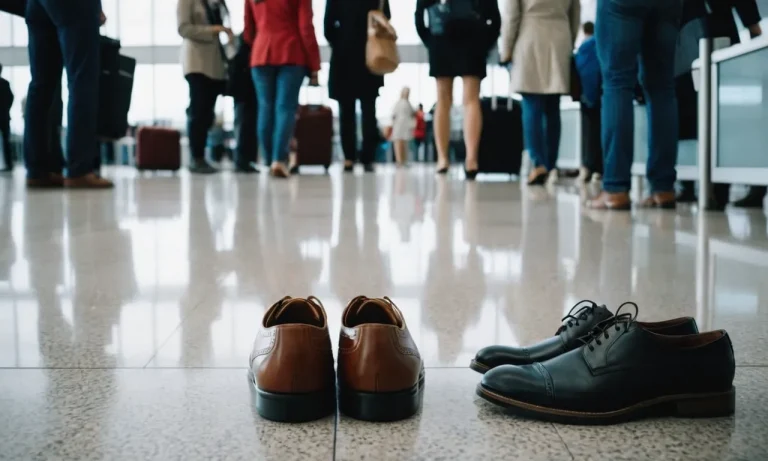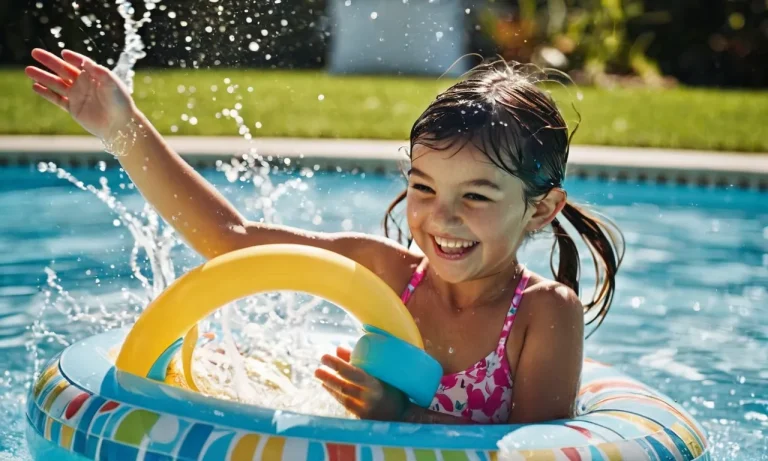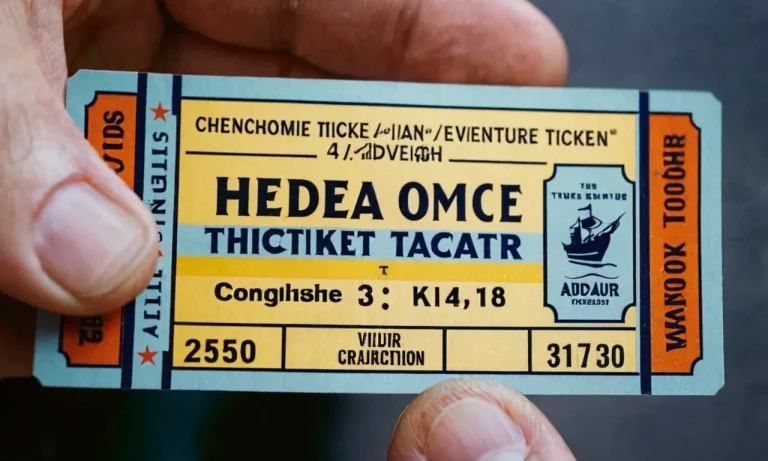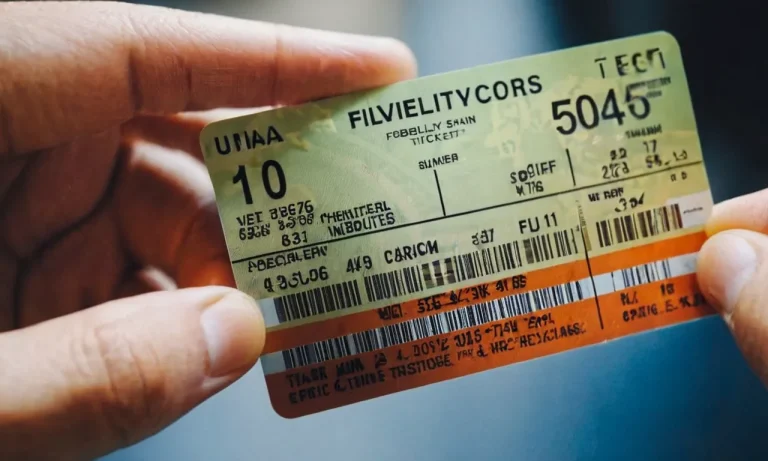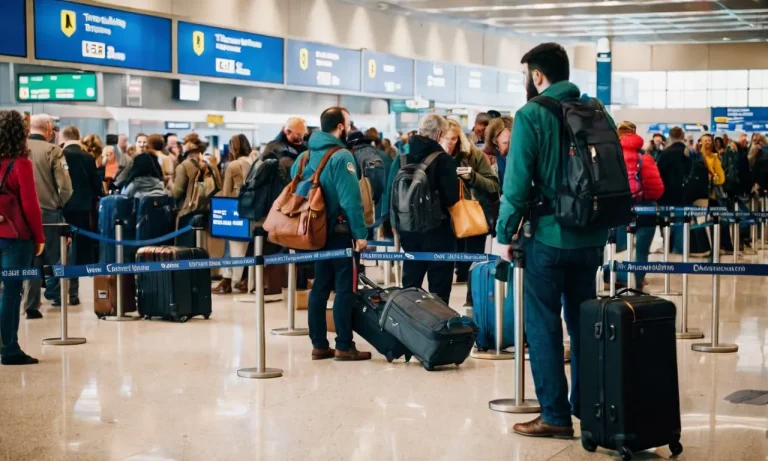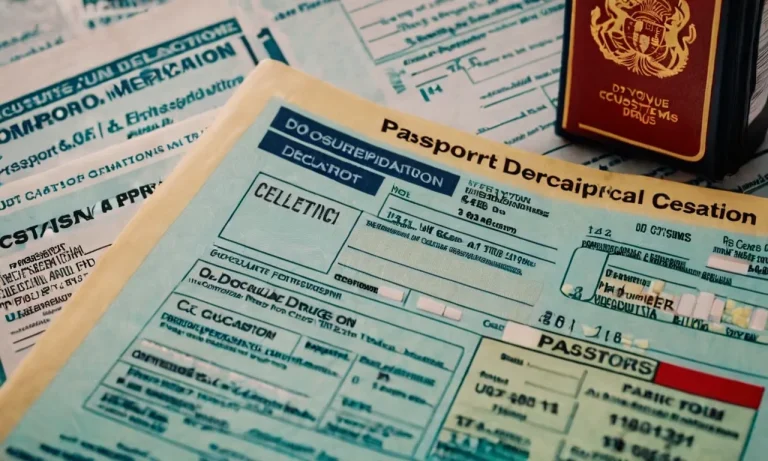How To Say Hello In Belgium
Greeting someone with a friendly ‘hello’ is a simple yet important way to make a good first impression when visiting a new country. Belgium is no exception. With multiple official languages spoken, there are several common greetings used across the country’s regions.
If you’re short on time, here are some of the most popular Belgian greetings: Hallo (Dutch), Bonjour (French), Goeiedag (Flemish)
Common Greetings By Region
Flanders (Northern Region)
In Flanders, the northern region of Belgium, the most common greeting is “Hallo” or “Hoi,” which is similar to the English “Hello” or “Hi.” Belgians in this region are typically friendly and warm, and they often greet each other with a smile.
It is also common to shake hands when meeting someone for the first time, especially in more formal settings. If you want to make a good impression, be sure to maintain eye contact while greeting someone in Flanders.
Wallonia (Southern Region)
In Wallonia, the southern region of Belgium, the most common greeting is “Bonjour” or “Salut,” which means “Good day” or “Hello.” The people in Wallonia are known for their hospitality and politeness, so it is important to greet them with a smile and show respect.
In more formal situations, a handshake is also appropriate. It’s worth noting that French is the primary language spoken in Wallonia, so knowing a few basic French phrases can go a long way in making a positive impression.
Brussels (Capital Region)
In Brussels, the capital region of Belgium, the greetings can vary depending on the language preference of the person you are greeting. As Brussels is a bilingual city with both French and Dutch speakers, you can use either “Bonjour” or “Hallo” to greet someone.
English is also widely spoken in Brussels, so a simple “Hello” or “Hi” will usually suffice. The people in Brussels are accustomed to cultural diversity, so they are generally welcoming and open-minded.
It’s important to note that Belgium is a diverse country with various cultural influences, and greetings can vary even within the same region. It’s always a good idea to observe the locals and follow their lead when it comes to greetings.
As with any cultural interaction, showing respect and being polite will help you make a positive impression.
Pronunciation and Etiquette
When it comes to saying hello in Belgium, proper pronunciation and etiquette play a significant role. The people of Belgium are known for their politeness and respect for social norms, so it’s essential to be mindful of these factors when greeting someone in the country.
Proper Pronunciation
Belgium has three official languages: Dutch, French, and German. The language you should use to say hello depends on the region you are in and the language spoken there. In the Flemish-speaking region, Dutch is the primary language, while French is spoken in the Wallonia region.
German is mainly spoken in the east of Belgium.
If you want to greet someone with a simple “hello” in Dutch, you would say “hallo.” In French, it’s “bonjour,” and in German, it’s “hallo” as well.
When to Use Each Greeting
Understanding when to use each greeting is essential to avoid any cultural misunderstandings. In general, you can use “hallo” or “bonjour” when meeting someone for the first time or in a casual setting.
However, if you want to show extra respect or if you are greeting someone in a formal or professional environment, it’s best to use the appropriate language for that region. For example, in the Flemish-speaking region, using “goedendag” (good day) in Dutch or “bonjour” in French would be more appropriate.
It’s also worth noting that Belgians are generally multilingual and appreciate when visitors make an effort to greet them in their native language. So, even if you don’t speak Dutch, French, or German fluently, attempting a simple “hallo” or “bonjour” can go a long way in building rapport.
Adding Extra Politeness
Belgians value politeness, so adding some extra politeness to your greetings is always appreciated. You can use phrases like “s’il vous plaît” (please) and “merci” (thank you) to show your respect. Additionally, a warm smile and maintaining eye contact while greeting someone can help create a positive impression.
It’s important to remember that cultural norms and customs can vary across different regions within Belgium. If you’re unsure about the appropriate greeting to use in a specific context, observing the locals or asking for guidance can help you navigate these situations with ease.
Other Helpful Belgian Phrases
Thank You
Expressing gratitude is always appreciated, so knowing how to say “thank you” in Belgium is essential. In Belgium, the phrase “thank you” is “dank u” in Dutch and “merci” in French. Belgians are known for their politeness, so don’t forget to use these phrases when someone does something nice for you or helps you out!
Please
Being polite is important in Belgian culture, so it’s useful to know how to say “please.” In Dutch, you can say “alstublieft” which means “please” or “here you go.” In French, you can say “s’il vous plaît” which also means “please.”
Using these phrases when making requests or asking for assistance will help you make a good impression.
How Are You?
When meeting someone in Belgium, it’s customary to ask “how are you?” In Dutch, you can say “hoe gaat het?” and in French, you can say “comment ça va?” These phrases show that you are interested in the other person’s well-being and can help you start a friendly conversation.
Learning these basic phrases will not only help you navigate your way through Belgium but also show respect for the local culture and its people. Remember to always use these phrases with a smile and sincere intentions, as it will make your interactions even more pleasant and memorable.
Conclusion
Learning a few key greeting phrases is a great way to bridge cultural gaps. Focus on the major languages spoken in each region of Belgium: Dutch, French, and some German.
With proper pronunciation and etiquette around when to use each term, you’ll be warmly welcomed with open arms by the Belgian people.


